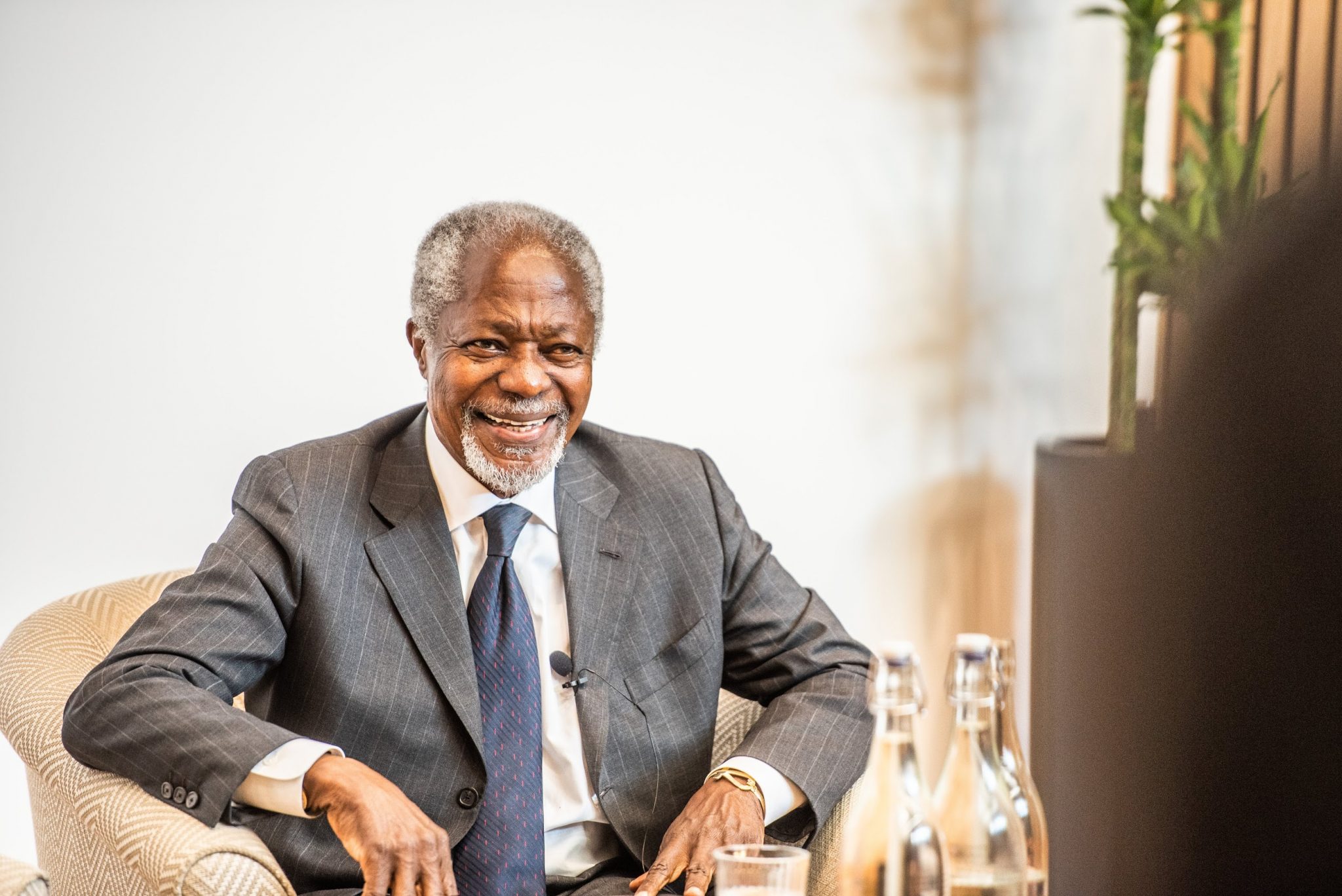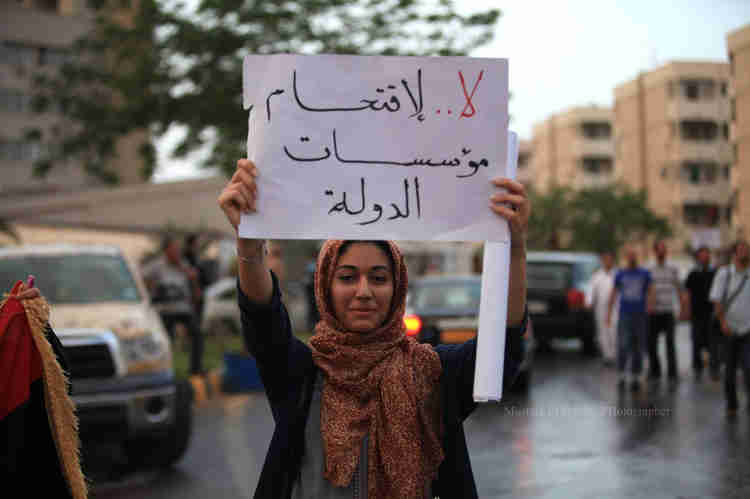Deepening Democracy: why elections with integrity matter
As I watch the people of Kenya vote in their historic elections today, 4 March 2013 – the first under the country’s new Constitution – I am reminded not only of the power of elections to bolster democracy, but of the potential damage that a flawed election can inflict on a society. Aside from Kenya, this year will see elections throughout the world, in countries as diverse as Australia, Cambodia, Chile, Germany, Iran and Zimbabwe.
In fact, since 2000, all but 11 countries in the world have held elections at the national level. However, while elections have become universal, challenges to the integrity of elections are widespread and are found in all democracies – old and new, rich and poor. Some groups – in particular women and minorities – often face barriers to participation and representation.
Uncontrolled, unregulated and opaque political finance has also compromised the equal opportunities of citizens to influence political outcomes, leading to voter apathy and distrust. In many countries, elections continue to be associated with a ‘winner-takes-all’ approach, fuelling the potential for conflict and violence. At the same time, elections have been used to perpetuate the rule of dictators by giving a veneer of democratic legitimacy to autocratic regimes.
It was these concerns that led me to convene a group of experts and distinguished former leaders to explore how to promote and protect the integrity of elections. Launched in September 2012, the report of the Global Commission on Elections, Democracy and Security identifies major challenges to electoral integrity worldwide and puts forward recommendations to improve them.
Read the full blog on The Elders’ website



